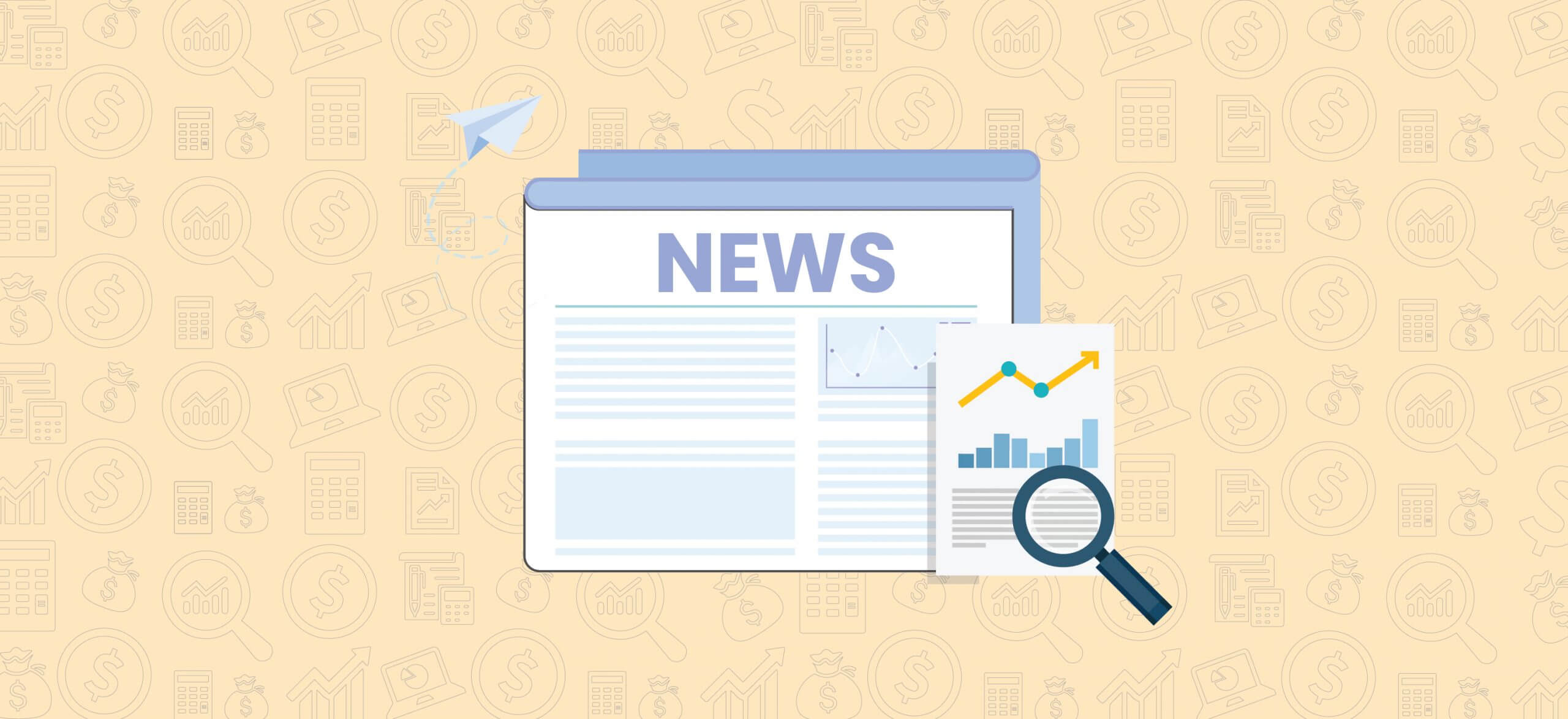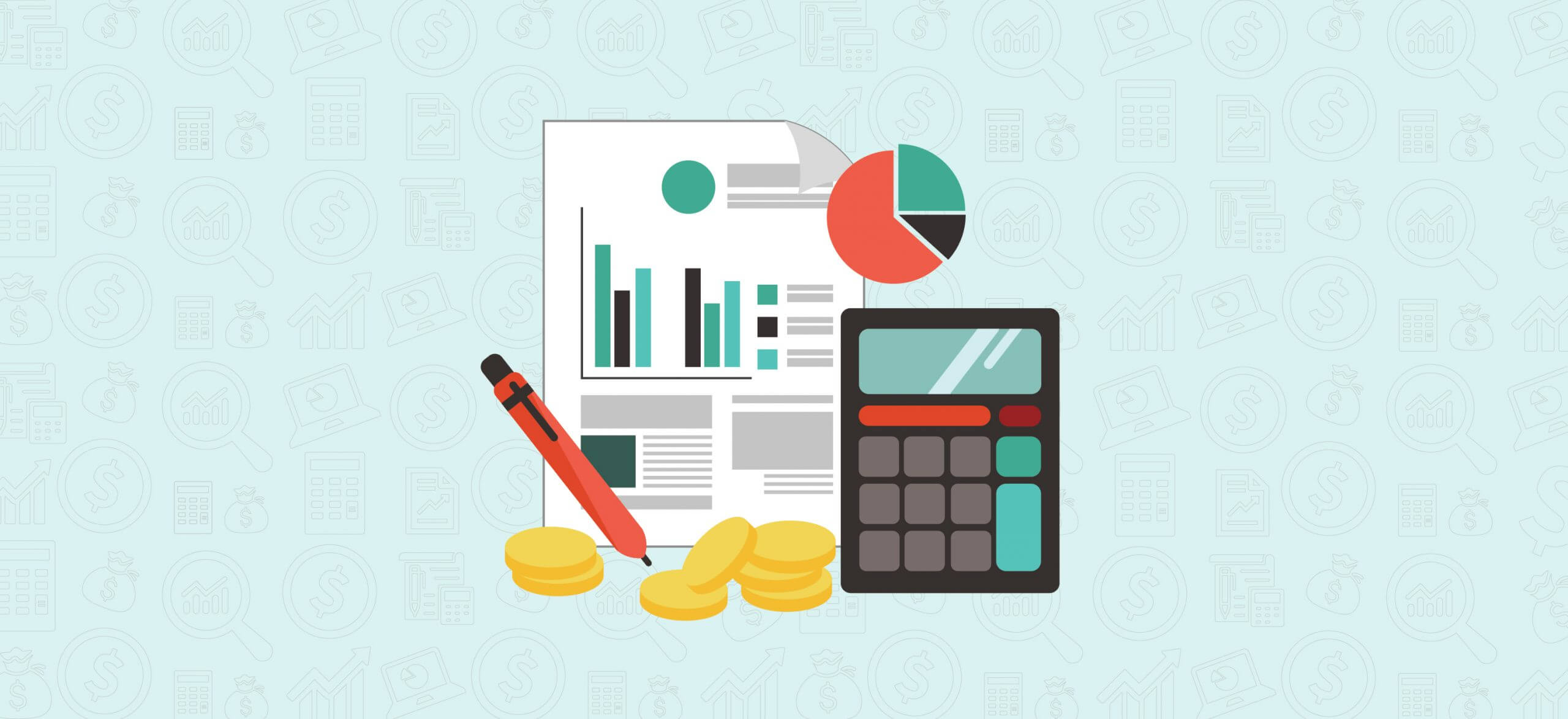
Avoiding bad debts in troubled times.
Bad debts are a part of business life, in a dynamic free market economy companies grow and prosper but some loose their competitive place in their niche and fail. Guarding against bad debts is important therefore, and a large debt can be hard to recover from. It can take a lot of new business sales to cover the loss of a sizeable bad debt and if the customer was a key one, then the business will also have to cope with the loss of profit and volume that that customer loss represents. The knock on impact of a large company going bust can be considerable causing otherwise viable business to fail in a chain reaction.
Offering credit in the form of payment terms for your customer increases sales, so restricting credit terms is not without drawbacks, and even if you don't have any exposure when a customer or supplier goes bust, you still loose out in the form of lost sales.
Maintaining a close working relationship with your customers and suppliers is the best way to keep on top of bad debts, monitoring customers and suppliers using our free and paid service options is of course a really good way of keeping an eye on your exposure. Our paid service offers access to 1,000's of sales ledgers so you can quickly see up to date payment information on your company of interest, whilst helpful our free service is limited to historical filed accounting information which helpful, is less useful in this respect.
If you have a customer services team or a field sales force these can be your eyes and ears on the ground, encourage your finance function to build relationships across functions to these teams so intelligence can be shared and used to limit your exposure.
Our free service does contain data that is warning of potential issues, for example if accounts have not been filed and a proposal to strike a company of is outstanding at companies house,then a red banner appears on the left hand side of each page. This appears as follows:-

There can be innocent reasons for this such as overlooking to file accounts, there are now filing penalties from companies house that start at £150 and rise upwards to £1,500, so this serves to deter late filings and companies house sends multiple reminders.
An expensive option is to insure your debts against failure, there are a number of ways to do this, you can have insurance as part of a factoring or confidential invoice discounting facility and that then pays out if you end up with a bad debt, a downsize to this type of arrangement is that credit ratings can be reduced by the factoring company leaving you in the situation of having to refuse sales due to credit rating issues, that however can be preferable to incurring an actual bad debt, and often you will get warnings of this as a credit rating is often, though not always reduced down ahead of a default event.
If you have debt insurance,then you'll soon discover that the insurance line doesn't always cover the amount of trade you wish to do with a company, this can be another warning sign as a supplier may not get credit elsewhere and may be seeking credit from you because they can't get it elsewhere. This is an area where you need to push your insurer ask them for higher limits, often they will agree if they are supplied with additional information in the form of internal management data such as up to date management accounts. If you have a good relationship with your customer, you should be able to get and share this with your insurer.
Bio - Adrian is the CEO of reportingaccounts and also an experienced accountant he is also a regular investor in startups in the UK and USA and can be found on platforms such as Experiment he also is an active user of wordpress blogs.



